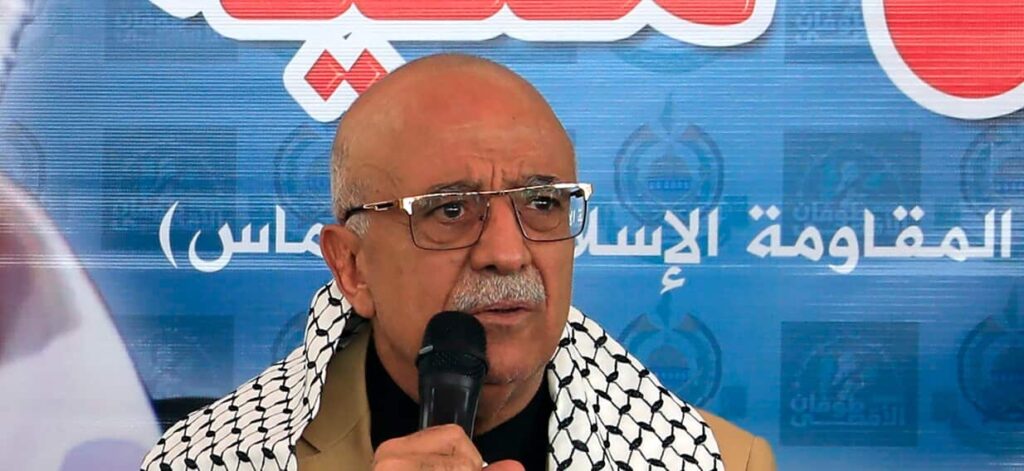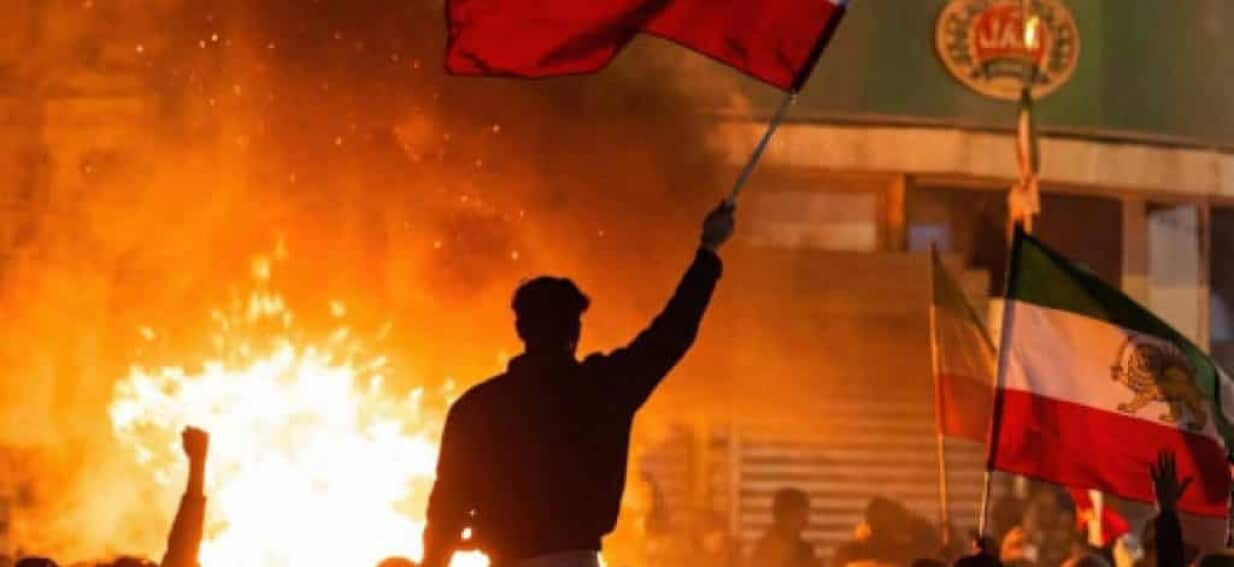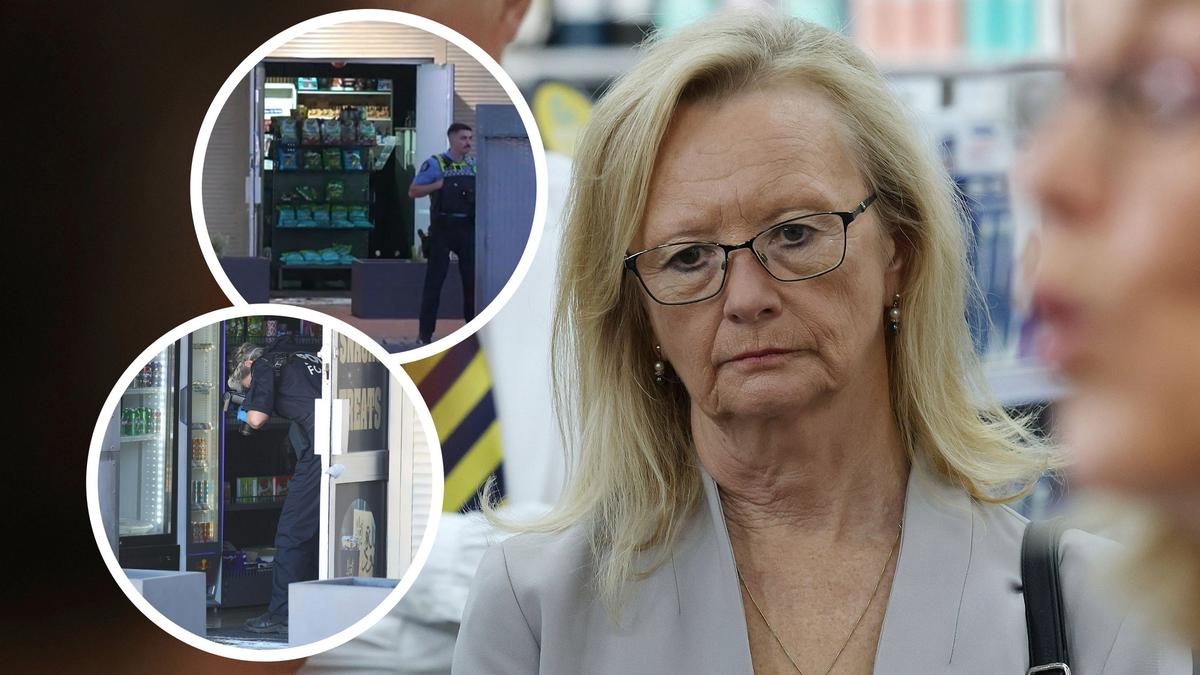
A recent airstrike conducted by Israel in the Yemeni capital of Sanaa resulted in the death of Ahmed Ghaleb Nasser al-Rahawi, the prime minister of the Houthi government, along with several other ministers. This incident, which occurred on Friday, has been confirmed by Mahdi al-Mashat, the head of the Houthi Supreme Political Council. The strike also left numerous others injured, although specific details regarding the casualties were not disclosed.
In an official statement released on Saturday, Israeli authorities indicated that the airstrike was aimed at high-ranking officials within the Houthi movement, including the group’s chief of staff and defence minister. The Israeli military is currently in the process of verifying the results of the operation. Al-Mashat’s announcement did not clarify whether the Houthi defence minister was among the fatalities.
Context of the Houthi Leadership
Al-Rahawi, who took on the role of prime minister approximately one year ago, was perceived largely as a figurehead. The operational leadership of the Houthi government has been more closely associated with his deputy, Mohamed Moftah, who has been executing the prime minister’s responsibilities. The Houthi movement, aligned with Iran, has been increasingly active in regional conflicts, particularly since the escalation of violence in Gaza against Hamas that began in October 2023.
In recent months, the Houthis have targeted vessels in the Red Sea, framing such actions as solidarity with the Palestinian cause. They have also launched missile attacks directed at Israel, most of which have been intercepted. In response to these provocations, Israel has conducted airstrikes on Houthi-controlled regions in Yemen, including critical infrastructure at the Hodeidah port.
Reactions and Implications
Following the confirmation of the prime minister’s death, Houthi Defence Minister Mohamed al-Atifi issued a statement through the group’s news agency, Saba. In his remarks, he asserted that the Houthis would be prepared to confront Israel. Notably, al-Atifi is recognized as a leading expert in missile operations for the group. The timing of his statement in relation to the airstrike remains unclear.
Israeli security sources reported that the airstrike targeted locations where many senior Houthi officials had gathered to view a televised speech by their leader, Abdul Malik al-Houthi. The Israeli military characterized the operation as complex, citing effective intelligence and air superiority as critical components of its success.
As tensions escalate, Mahdi al-Mashat addressed the nation, asserting that the group’s resolve would remain steadfast until what he described as “aggression” ceases and the siege on Yemen is lifted. He concluded with a pledge of retaliation, signaling a potential intensification of hostilities in the region.
This incident underscores the increasing volatility in the Middle East, as the conflict between Israel and various Iran-aligned groups continues to evolve, drawing in regional players and complicating an already intricate geopolitical landscape.






